
Study findings align with recent recommendations from the National Comprehensive Cancer Network for preventing febrile neutropenia in patients with early-stage breast cancer.

Study findings align with recent recommendations from the National Comprehensive Cancer Network for preventing febrile neutropenia in patients with early-stage breast cancer.

In pharmacy management, a ‘one-size-fits-all’ approach might not be the most appropriate for providing performance feedback during formal review sessions.
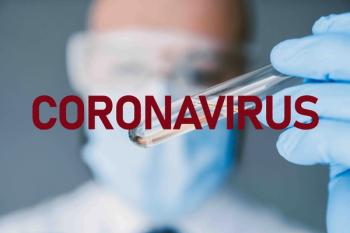
A new study suggests that COVID-19 relieves pain, which is why many patients do not experience any symptoms.
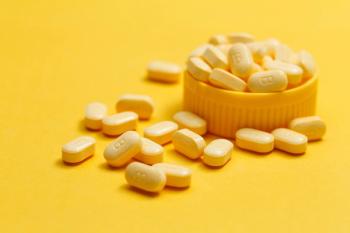
B-group vitamins may prevent concentration from worsening in those experiencing first episode psychosis.
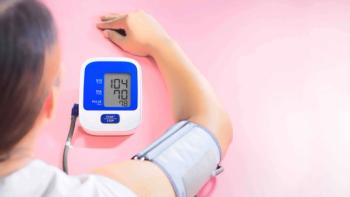
A new study suggests that blood pressure medication may help reduce influenza deaths.
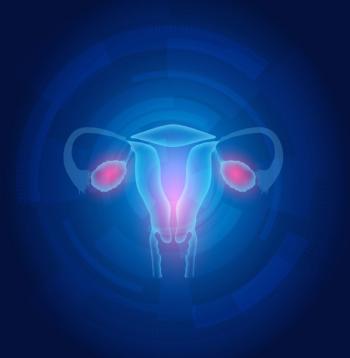
Women who had longer reproductive periods during their lifetimes were found to have a greater risk of dementia in older age compared with those who had shorter reproductive periods.

Study shows that women have practiced preventive practices of physical distancing, mask wearing, and maintaining hygiene to a greater degree than men.
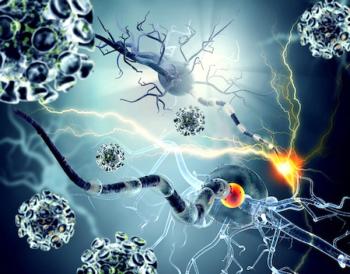
Dimethyl fumarate is indicated to treat relapsing forms of multiple sclerosis in adult patients.
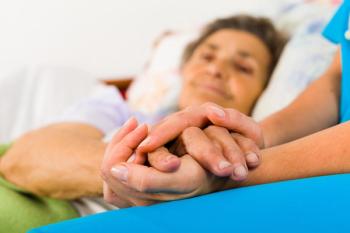
For any patient in hospice, the advent of myriad therapeutic interventions can help achieve comfort and pain relief.

One in 10 Americans are vitamin deficient. Chewing gum may help.

An overview of arrangements that pharmacies enter into that violate the federal anti-kickback statute.

As part of American Pharmacists Month, we're celebrating some amazing pharmacists! Today, read about the work of Maddy Yamnitz, a pharmacy student at the University of Missouri-Kansas City School of Pharmacy.
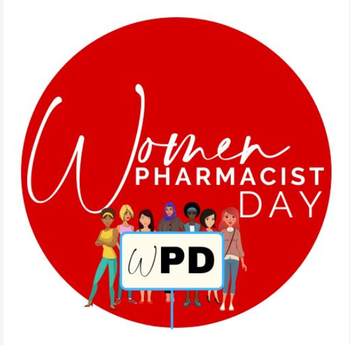
Partnership will commemorate the event with a webinar and presentation of Woman Pharmacist of the Year award on Oct. 12.
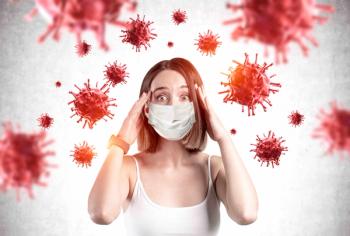
Despite some government projections that a vaccine could be made available in early November, a fall 2021 date is more likely, according to a recent study.

Although herpes zoster is rare in children, a case study suggests that it can develop in immunocompetent children after vaccination.

Like diabetes, Inflammatory bowel disease may also be linked to a high-fructose diet.
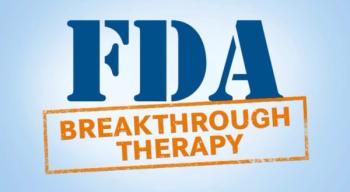
IMGN632 granted breakthrough designation for the treatment of patients with relapsed or refractory blastic plasmacytoid dendritic cell neoplasm.

Patients should talk to their health care team about when to reschedule a postponed or cancelled screening appointment.

One afternoon, an emergency department pharmacist receives a medication order to verify. It’s for 10 mg of morphine through IV. The pharmacist notices the dose is unusually high and realizes it could potentially be lethal.

Integrating specialty pharmacy staff into oncology, neurology, rheumatology, and other specialty clinics within their health systems is a growing trend with a range of beneficial outcomes.
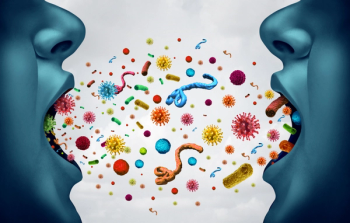
A new study contradicts the popular belief that COVID-19 is spread through close contact with droplets.

This week on Pharmacy Times, there are a number of hot topics that we will be posting throughout the week, including:

An upcoming court case will decide whether states can regulate pharmacy benefit managers.

Women with 2 or more moderate to severe menopause symptoms are at a heightened risk of cardiovascular disease and stroke.

Researchers found that N95 facemasks could be decontaminated using a prototype phototherapy unit that dispenses a UV-C dosing level high enough to effectively kill the virus is less than 2 minutes.
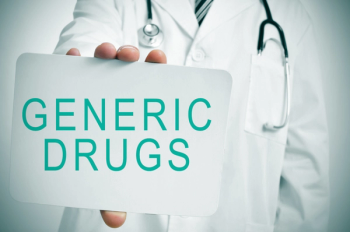
Cinacalcet tablets are a therapeutic equivalent generic version of Sensipar (cinacalcet) tablets.
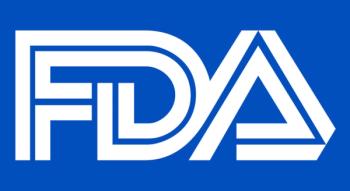
Nivolumab plus ipilimumab is the first immunotherapy approved for previously untreated unresectable malignant pleural mesothelioma.

During American Pharmacists Month, the National Association of Chain Drug Stores is honoring the role of pharmacists as the most accessible point of health care for patients, particularly among those in the greatest need.

Pharmacy Times will be celebrating pharmacists throughout the month of October to recognize their contributions to the health care field, especially in the ongoing coronavirus disease 2019 pandemic.

A study published in The Lancet Public Health found that modifiable health risks, such as obesity, high blood pressure, and smoking, were linked to more than $730 billion in health care spending in the United States in 2016.